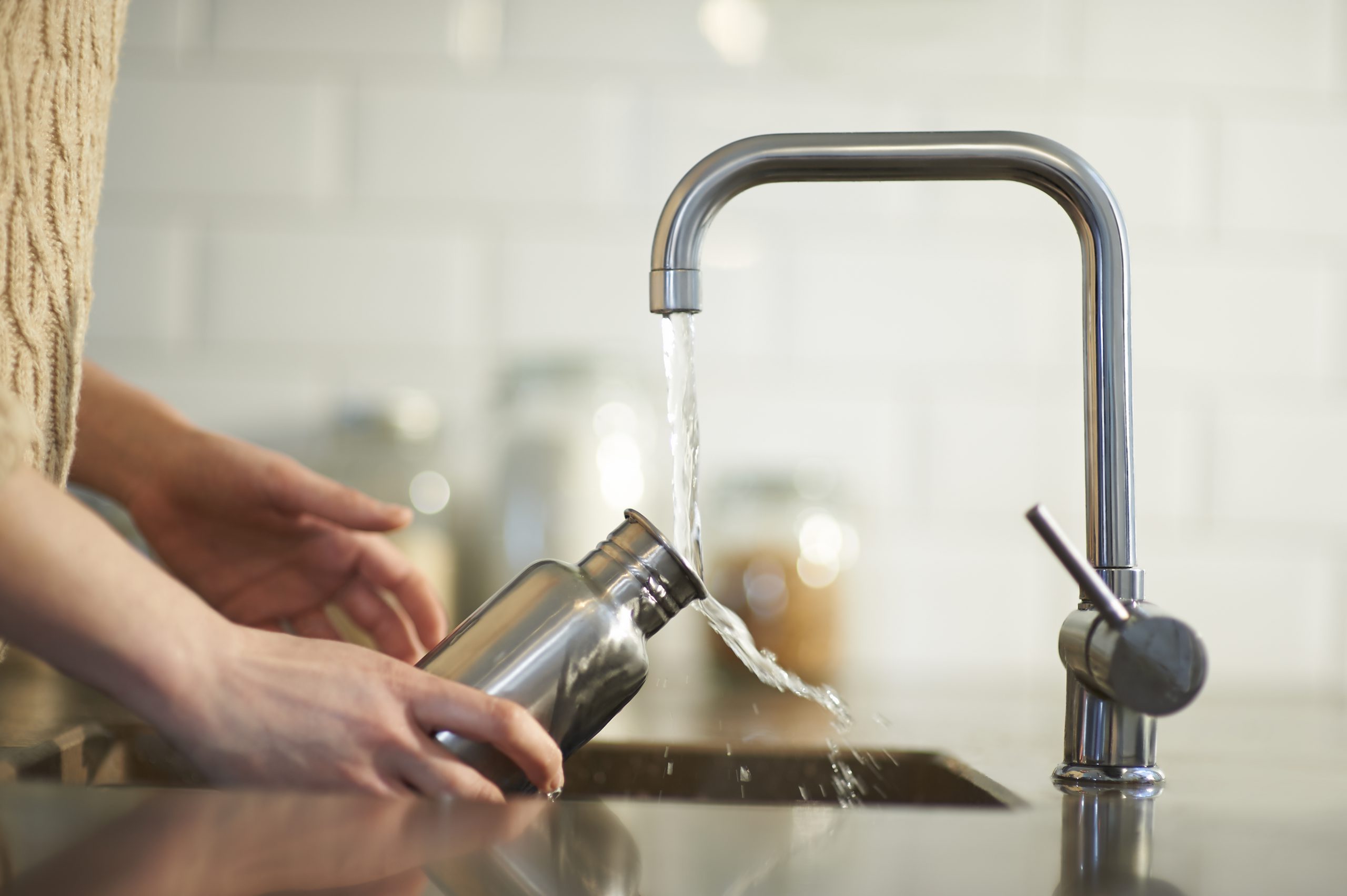
A water heater might be the last piece of domestic equipment you’d expect to fail in late spring or summer. Usually, that little disaster reserves itself for cold winter nights when hot water is essential.
However, the unfortunate truth is that a water heater can break down at any time of the year.
It usually takes you by surprise, and you panic-buy a replacement without fully considering the size or type of heater that is optimal for your home.
You may be able to avoid this if you check your water heater regularly, especially if it’s more than eight years old. Tankless systems tend to last a little longer.
So, how do you know whether your tank is about to fall over?
These six signs might give you an indication and, while spotting an issue won’t stop a heater from reaching the end of its natural life, it will help you prepare for when the worst comes. Tell-tale signs
When inspecting the heater, look for rust and corrosion, loose bolts or other fittings and sediment buildup. External rust eventually creeps into the system and corrodes metallic components, causing the unit to leak.
Pop, pop, bang
Peculiar noises inside your water heater are not good news. You might even hear rumbling. These noises are usually caused by sediment at the bottom of the tank. If this is the case, the unit will eventually overheat and die.
Tepid tank
A fall in water temperature suggests your water heater has seen better days. If you experience this, call a service company immediately.
Under pressure
Differing water pressures when you turn on the hot and cold taps is a giveaway that trouble is around the corner. It indicates the anode rod that protects the interior of the tank is rusting.
Limited storage
Leaks are the usual cause for quickly running out of hot water. You should immediately check the unit because water leaks, especially long-term ones, can cause severe damage to the rest of your home.
Spike in bills
If your electricity bill suggests you use an unusual amount of power, the water tank could be the problem. Sediments impede the heating of water, causing the unit to draw on additional power. Call a service company before it overheats.
Nasty smells
Bacteria can grow in water heaters, often started by corrosion and rust. Call a service person and suggest they drain the tank and clean it. If the problem isn’t too advanced, you may be able to save it.
